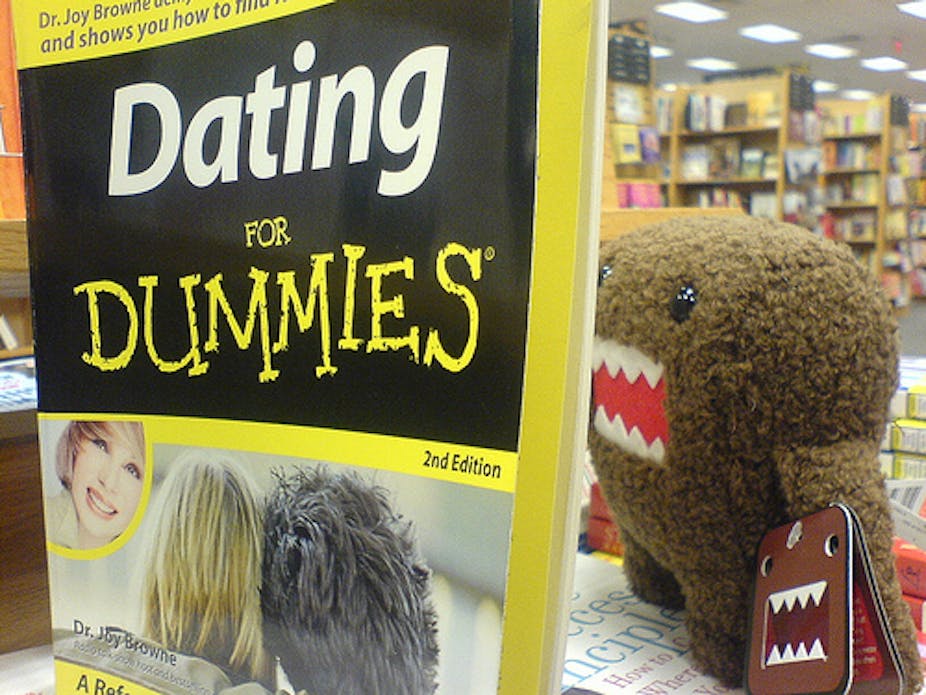Regulation of our intimate lives has always been a thorny issue. The anti-sodomy laws of the past and the same-sex marriage issue today illustrate times when policymakers can get it very, very wrong. Legislation preventing sexual exploitation however, and rape in marriage laws illustrate times I’m pretty bloody glad that government acted.
This time and it’s the Australian Competition and Consumer Commission (ACCC) getting involved in dating websites. Guidelines rather than legislation, but it’s a good start. Cracking down on scammers who use websites to empty the pockets of the desperate and dateless.
The new ACCC guidelines are less about convincing punters that ten-year-old photographs do not maketh a fair profile, and instead are about warning against big ticket scammers. Think less dodgy lies about body type and being all outdoorsy-like, and instead aimed at preventing shake-downs.
In the vein of the infamous Nigerian letter scams, the work-at-home scams and the congratulations-you’ve-won-nothing scams, the dating one works through speedily keen gold-diggers using flattery to seduce lonely hearts to part with cash.
While there’s little that any government can do to eliminate the threat of con artists, the ACCC are acting in an information-provision capacity and skilling up the vulnerable with a list of warning signs and pathways for retribution when it all falls apart.
A pretty good start given the ACCC’s limited capacity to actually do much in this area.
Of course, as Woody Allen said when justifying his romance with Soon-Yi, the heart wants what it wants, and this catch-all adage underpins human susceptibility to conning Casanovas.

A person is on a dating website because they want to meet someone. In some cases it might just be a yen for the bump-n-grind rather than a multi-tiered cake and over-priced flowers, but all are driven there by desire. And it’s that desire that lowers resistance, inflates expectations and instead of prompting a cynical critique of their seduction, heartily embrace it.
No ACCC guidelines will have a hope in hell of lessening the impact of being swept off one’s feet. No too-good-to-be-true warning signs, no case studies of the stung, no alarm bells rung by friends will make a solitary ounce of difference: a desire, at least putatively, appears fulfilled.
Just as the single woman in bed with the married man thinks she’ll be the one to change him, just as the heir-hungry bloke thinks he’ll sway her anti-kid sentiments, just as we all think we can love the angst, depression and wanderlust out of our beau, no one ever thinks that they’ll be a statistic.
Because _our _lovematch is so very unique, and different and non-clichéd. We’re all way too smart to be swindled.
And even without a looting lothario, non-fabricated romances can and do routinely end badly too. Expectations get shattered, lies get told, trust gets betrayed, and hearts get broken.
And no government guidelines can prevent any of that.
Caveat emptor might work in the marketplace and might prevent you buying a bridge from a bloke in a bar, but love is an entirely different ball game.
Going on a dating the website is an act of hope and wishful thinking. Getting what you want is unlikely to be scrutinised too carefully. At least certainly not at the luscious and promising beginning.

